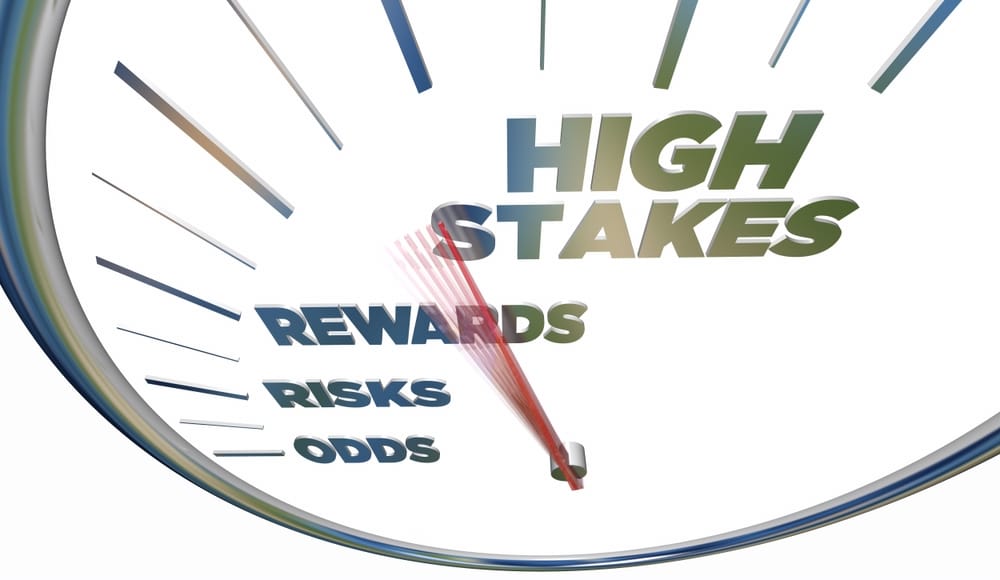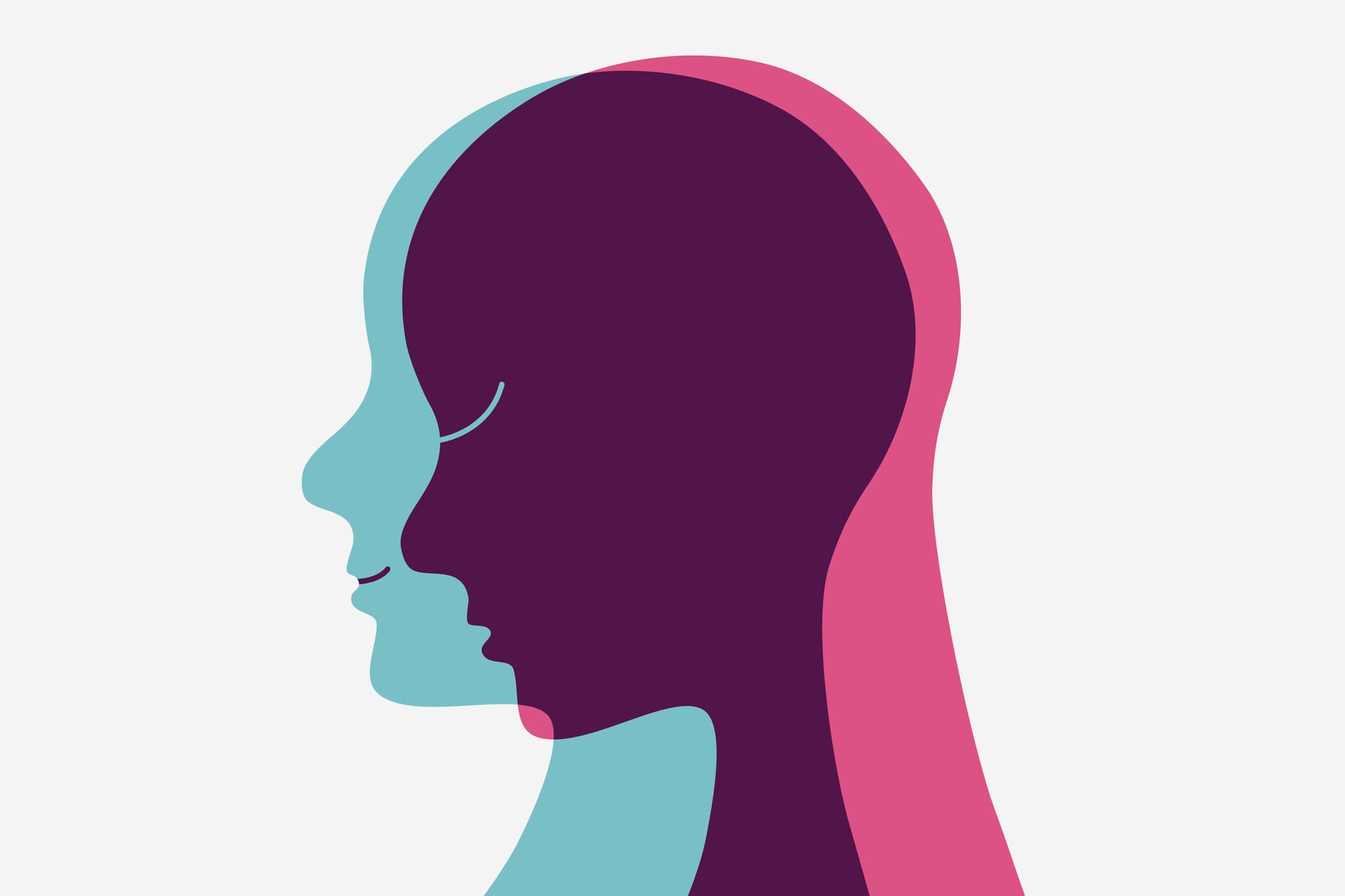
Who's voice is it anyway?
We’re Not Here to Tick Your Boxes
Where are we really at with lived experience in mental health and addiction? If you read the official line, you’d think we’re making great strides—peer workers in EDs, lived experience advisors in planning teams, even key figures calling it a “quiet revolution.” But from where I’m standing, it doesn’t look like a revolution. It often looks like co-option. It can look like tokenism.
Let’s be clear: lived experience roles are being absorbed by the system on its terms—not ours. We're being slotted into spaces that haven’t been prepared, into teams that don't understand our purpose, into services that haven’t been asked whether they’re even ready. People talk about “embedding” peer roles, but if the ground hasn't been tilled, the seed doesn't stand a chance.
A too quiet revolution
I’ve heard recently lived experience referred to as a “quiet revolution”—and I get what that means. It’s good to see leadership noticing and acknowledging this movement. But in my view, that kind of language can also feel minimising.
I’ve heard feedback recently from peers working in medical and other spaces where they are looked at as a threat with reservation and mistrust. “Who the f*^k are they? Are they going to steal the meds?” That’s not inclusion. That’s suspicion. That’s alienation. And it’s playing out all over the country in many different services.
I hear stories all the time of peers who turn up and feel left out—because they haven’t been told what they’re meant to do, and the rest of the team hasn’t been told either. This is dangerous, it can quickly become systemic. It’s exactly what happens when roles are created without clarity, culture change, or leadership.
More challenge! More change!
I often say: the system is colonising lived experience. It takes our identity, places us where it wants us, and tells us what we’re supposed to do, and say. Too often, it expects us to fall in line and operate within an ideology, a narrative, that is just not peer. But we're not here to fit into a broken system—we’re here to challenge it, to change it. And that can't happen if the same people still hold all the power.
Because this is the real issue: lived experience has presence but often lacks power. We’re being asked to show up—but not to shape anything. We’re invited to speak—but not to decide. And too often, when we do speak honestly, we’re ignored or excluded. There is an obvious lack of vision and a plan to bring it to reality. Lived experience needs to drive the creation of that vision and be integral to shaping the plan and we need to see real investment into authentic workforce development and lived experience research.
We need to make sure that we get this right, that what's been reported is actually where we're at. I want my colleagues and leaders to be unafraid to speak up and to call out what's not working yet. We must avoid reports full of glowing reviews and media-ready soundbites while the real problems—role confusion, exclusion, burnout—go unmentioned.
Silence can be deafening.
Lived experience is a form of indigenous knowledge
This work comes from somewhere deep. It doesn't come from textbooks. It comes from pain, from survival, from insight earned the hard way. It’s no less valid than clinical or academic knowledge. It’s equal. But the system doesn’t always treat it that way. Instead, we’re asked to smile and nod while others speak for us. That’s not partnership. That’s paternalism.
Pockets of hope
Where to from here?
We challenge. We emancipate. We empower. We change.
And we do it on our terms. Not quietly. Not politely. Not with a smile and a nod—but with strength, truth, and a clear demand for equity.
We don’t want to burn the system down. We want an equal place at the table. And until we have it, we’ll keep speaking out—loud, critical, and clear.


